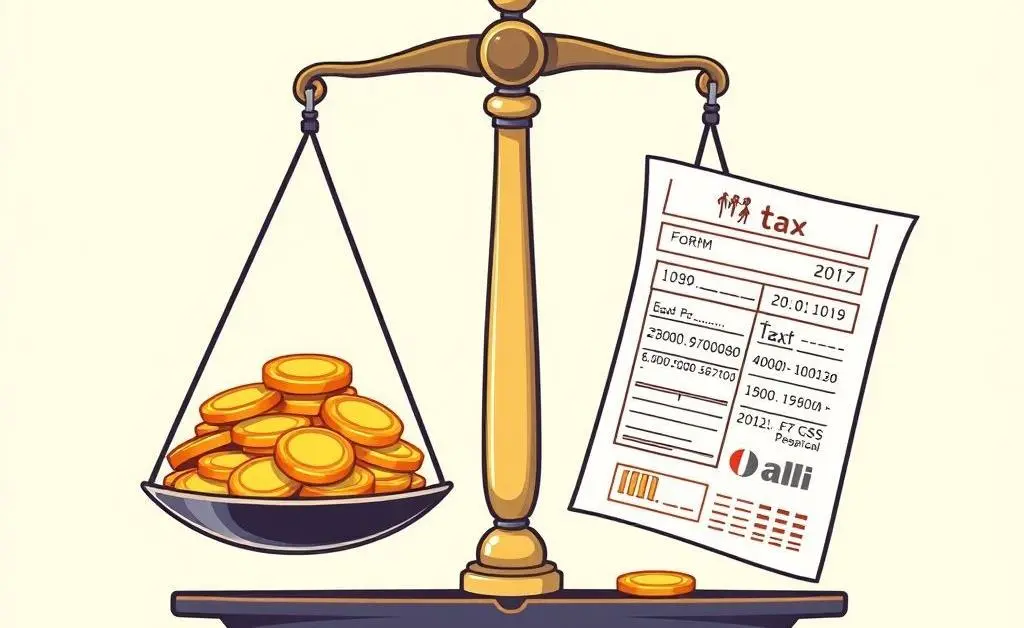A Friendly Guide to Understanding Withholding Tax on Interest
Learn about withholding tax on interest and how it impacts your earnings in a clear and approachable way.

If you've ever placed money into a savings account or any form of interest-earning investment, you've probably encountered the term 'withholding tax on interest.' But what exactly does it mean, and how does it impact your earnings? Let's break it down in simple terms.
What is Withholding Tax?
Withholding tax refers to the amount taken out of your interest earnings by the financial institution before the money reaches you. This tax is a way for the government to collect tax revenue upfront on income generated from certain sources, like bank interest. Essentially, it’s like prepaying your taxes.
Why is Withholding Tax Applied to Interest?
This tax is applied as a means to ensure the government captures tax revenue efficiently from interest income. Instead of waiting for taxpayers to declare this income in their annual returns, the government collects a small percentage directly from the source. This method is widely considered effective in countries where tax compliance can be tricky.

How Much Withholding Tax Is Generally Applied?
The rate can vary depending on your location and the prevailing tax laws. For instance, some regions apply a flat rate, while others might have a progressive scale based on the amount of interest earned. Generally, rates hover around 10-20%, but it’s crucial to check your local regulations or consult with a financial advisor for specifics.
How Does It Affect Your Earnings?
The impact of withholding tax is straightforward: your interest income is reduced by the tax rate before it even hits your account. So, if you're earning a 5% annual interest rate, and there's a 10% withholding tax, your effective interest return is reduced.

Can You Reclaim Withholding Tax?
In some cases, you might be eligible to reclaim a portion of the withholding tax, especially if the tax scope exceeds your liability. This process often involves filing a tax return, where you declare your total income. Any excess tax withheld could be refunded or adjusted against your payable tax.

Final Thoughts: Is Withholding Tax an Advantage or a Burden?
It's a bit of both. For those who prefer not to manage taxes diligently, it simplifies compliance. However, for others, it feels like an administrative hurdle, especially when filing for reclaim. Understanding the details and implications in your context is key to effective financial planning.
What’s your experience with withholding taxes? Did you find the system straightforward, or do you have any stories of overcoming tax-related challenges?




